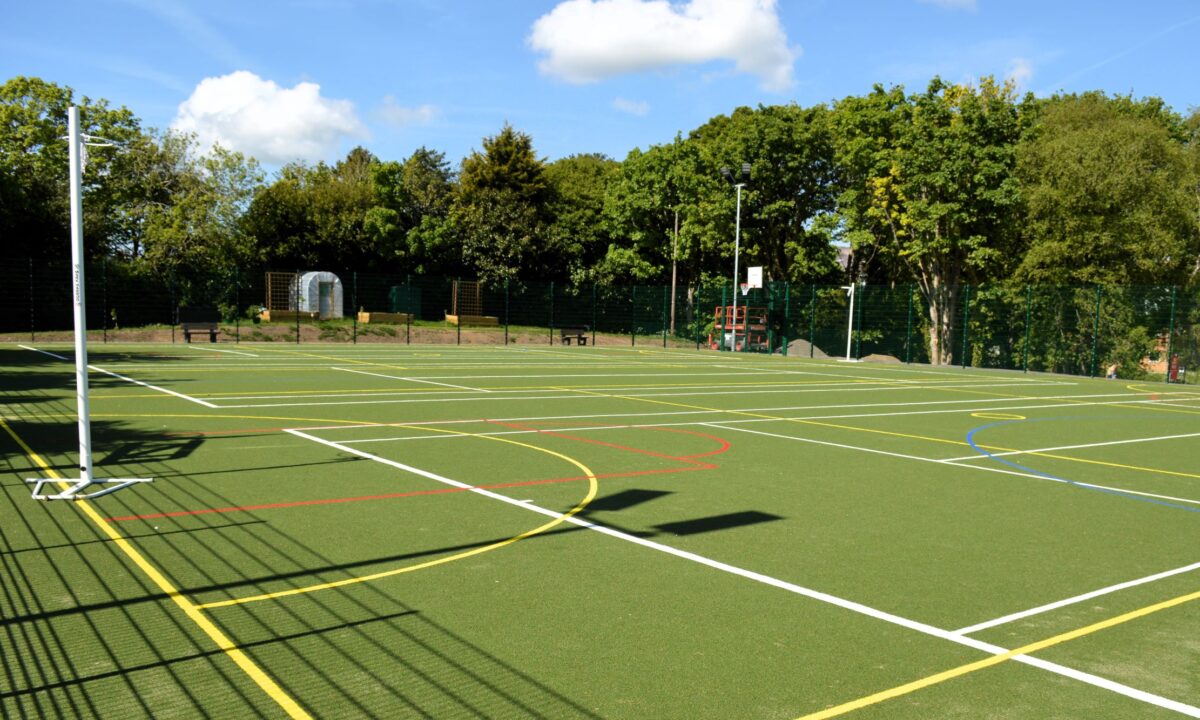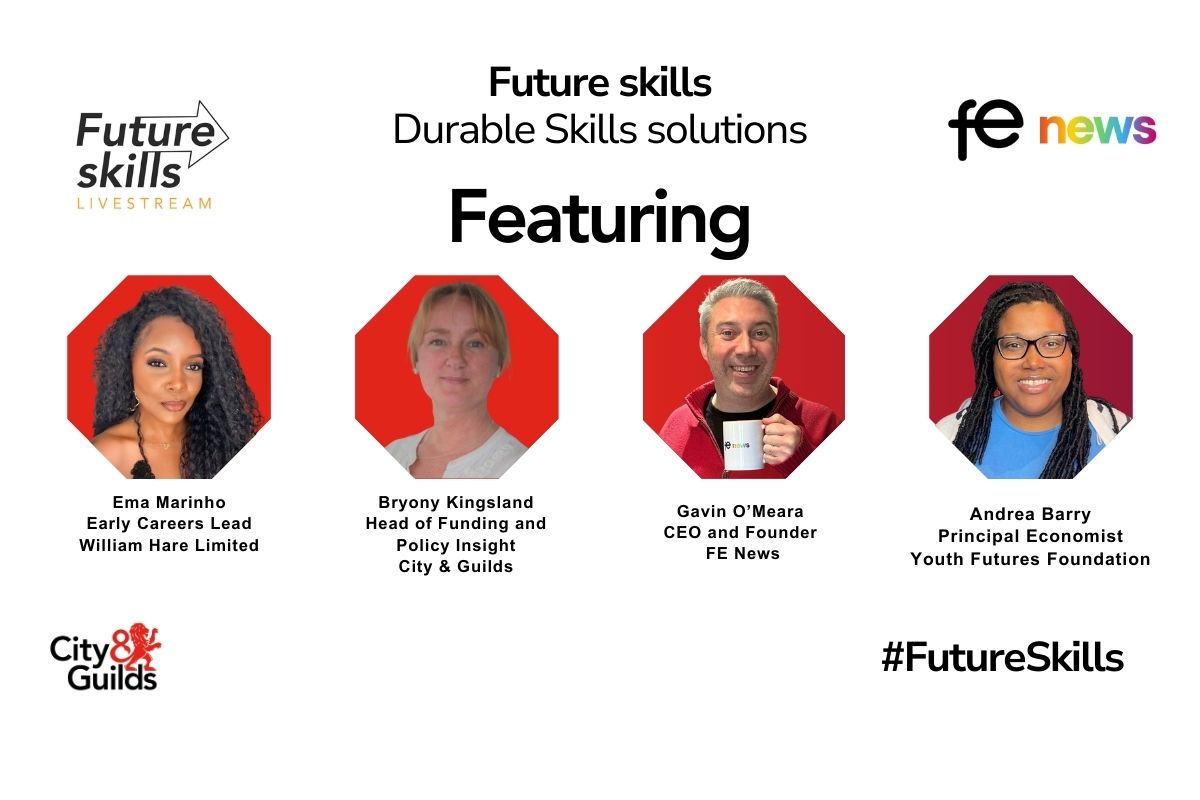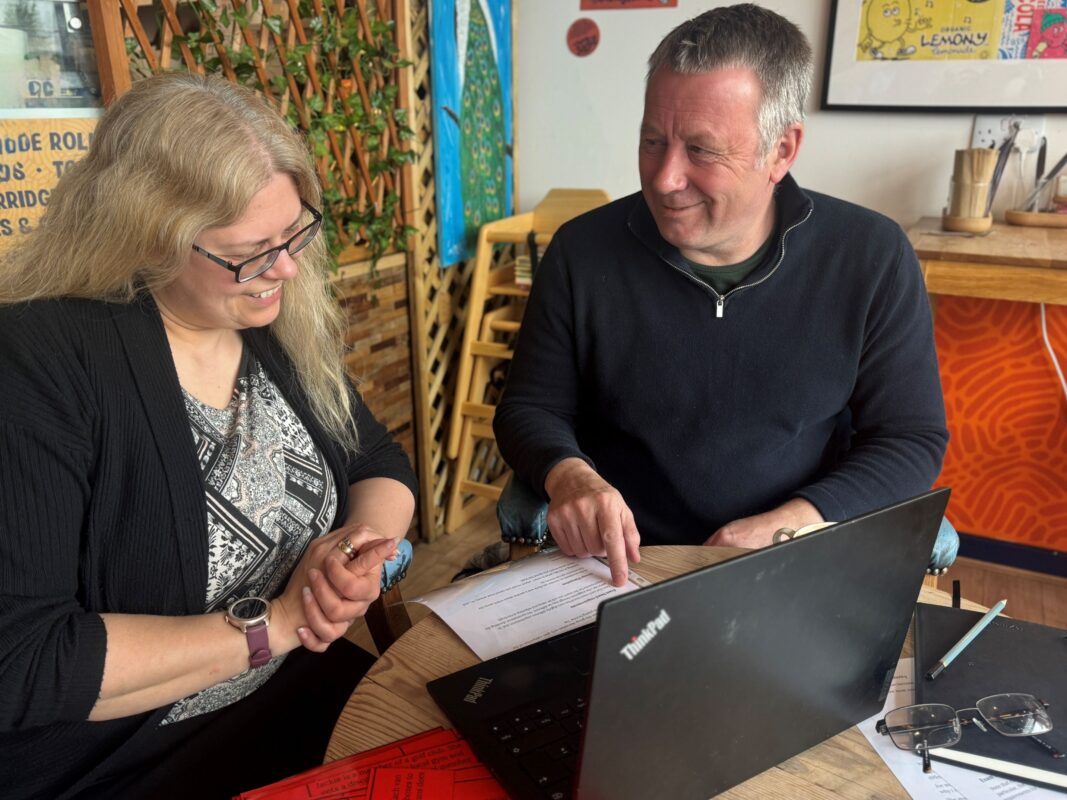The Future of Education: How AI is Changing the Way We Learn and Develop Skills

The article discusses how AI is transforming the education industry by offering personalized and engaging learning experiences.
AI-powered tools and platforms are being used to provide personalized support and feedback to students, adjust the pace and difficulty of learning activities, and develop new skills in students.
However, it’s essential to ensure that AI is being used ethically and transparently, and it’s not perpetuating existing biases or discrimination. The article concludes by stating that AI has the potential to create a more personalized and engaging education system that meets the needs of all learners.
The Future of Education
Artificial intelligence is transforming the education industry, offering new possibilities for personalized and engaging learning experiences. From intelligent tutoring systems and personalized assessments to adaptive learning platforms and smart classrooms, AI is revolutionizing the way we approach education.
One of the most promising areas for AI in education is personalized learning. AI-powered tools and platforms are being used to provide personalized support and feedback to students, helping to improve learning outcomes and engagement. Adaptive learning systems are able to adjust the pace and difficulty of learning activities to match each student’s individual needs and learning style.
AI is also being used to develop more accurate and efficient assessments, with machine learning algorithms able to analyse student responses and provide immediate feedback. This is helping to reduce the burden on educators and provide students with a more engaging and effective learning experience.

Moreover, AI is being utilized to develop new skills in students. AI-based programs can help identify skills gaps, providing insights into what skills are needed in the job market. This way, educational institutions can better align their courses with industry demands and produce more job-ready graduates. Additionally, AI can simulate real-world scenarios and allow students to practice critical skills in a safe environment.
However, as AI becomes more integrated into education, it’s crucial to ensure that it’s being used ethically and transparently. We must ensure that AI is not perpetuating existing biases or discrimination, and that students understand how AI is being used to evaluate their learning and performance.
Overall, AI has the potential to transform the way we learn and develop new skills. By leveraging these technologies, we can create a more personalized and engaging education system that meets the needs of all learners.












Responses